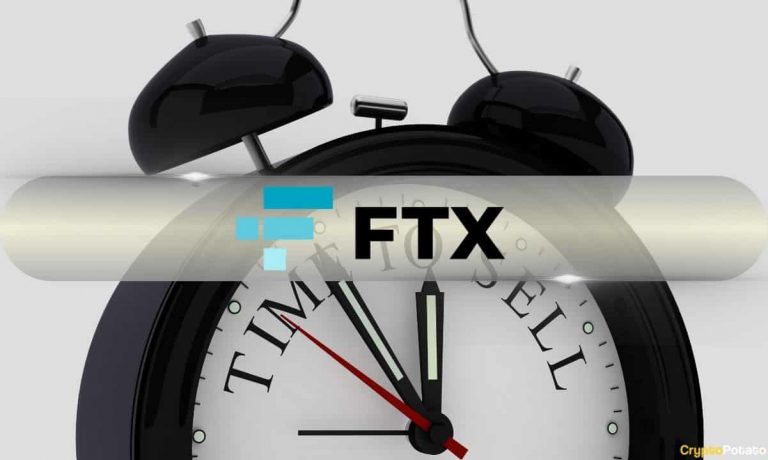Britain’s gas storage levels are “concerningly low” with less than a week of demand in store, the operator of the country’s largest gas storage site has said.
Plunging temperatures and high demand for gas-fired power stations are the main factors behind the low levels, Centrica said.
The UK utilises a lot of gas to generate power and is mostly dependent on it for home heating.
“As of the 9th of January 2025, UK storage sites are 26% lower than last year’s inventory at the same time, leaving them around half full,” Centrica said.
“This means the UK has less than a week of gas demand in store.”
The firm’s Rough gas storage site, a depleted field off England’s east coast, makes up around half of the country’s gas storage capacity.
Gas storage was already lower than usual heading into December as a result of the early onset of winter, the firm said. This combined with “stubbornly high” gas prices has made it more difficult to increase storage over Christmas.
The prime minister’s spokesperson said the government is confident the UK has “sufficient gas supply and electricity capacity to meet demand this winter”.
“We speak regularly with the national energy system operator to monitor our energy security and ensure they have all tools at their disposal if needed to secure our supply,” he added.
“Our mission to deliver clean power by 2030 will replace our dependency on unstable fossil fuel markets with clean, homegrown power controlled in Britain, which is the best way to protect bill players and boost our energy independence.”

Chris O’Shea, Group Chief Executive of Centrica, said: “The UK’s gas storage levels are concerningly low. We are an outlier from the rest of Europe when it comes to the role of storage in our energy system and we are now seeing the implications of that.
“As we work towards Clean Power 2030, long-duration energy storage will be needed more than ever in order to help balance a system that is increasingly reliant on renewables. Energy storage is what keeps the lights on and homes warm when the sun doesn’t shine and the wind doesn’t blow, so investing in our storage capacity makes perfect economic sense.
“We need to think of storage as a very valuable insurance policy. Like any insurance policy, it may not always be needed, but having more capacity helps protect against worst-case scenarios.“If Rough had been operating at full capacity in recent years, it would have saved UK households £100 from both their gas and their electricity bills each winter. We stand ready to invest £2bn of our own money in upgrading and redeveloping the Rough gas storage facility but we urgently need the cap and floor model recently announced for long duration energy storage to be applicable to Rough. With that, we can create thousands of new jobs in construction and safeguard a vital national asset. Without that, UK consumers will continue to have higher energy bills than is necessary.”
This is a breaking news story more follows…


























+ There are no comments
Add yours